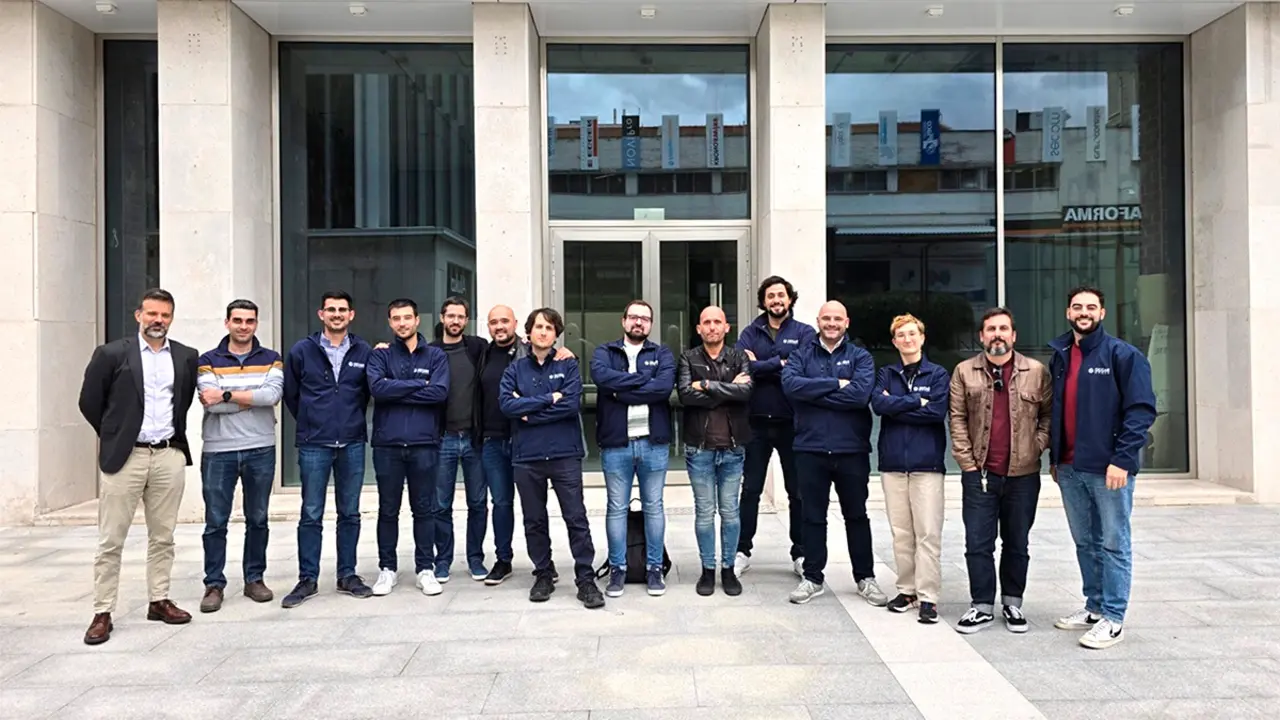Facebook and other social networks start to assign representatives in Turkey in the light of a new law

Turkey passed a new law in July requiring social networking companies such as Facebook and Twitter to maintain representatives in Turkey to deal with complaints about content. As a result, Facebook has already started the process of assigning a legal entity in the country.
In addition, Turkey's information and communications technology authority has banned advertisements on Twitter, Pinterest and Periscope under this new social networking law. Critics see this law as a "way to muzzle the opposition".
Facebook will join LinkedIn, YouTube, TikTok, Dailymotion and the Russian social networking platform VKontakte to establish legal entities in Turkey. In addition, other companies have said they will appoint a local representative. YouTube, owned by Google, said last month that it had decided to appoint a representative in Turkey. According to the Official Journal, the measures targeting Twitter, the Periscope live video application and the Pinterest photo sharing application will come into effect on Tuesday.
Companies that refuse to appoint an official representative will be liable to penalties, advertising bans and reduced bandwidth that would make their networks too slow to be used.
Turkish authorities fined the social networking giant at least 40 million Turkish liras ($5.3 million) last year for failing to comply with a request to appoint a representative. Advertising bans on companies that have not complied are scheduled to begin on Tuesday.
"This decision does not change the standards of the Facebook community, nor the global process for reviewing government applications, and we will withdraw the representative if we face pressure from any of them," Facebook said in its statement.
Under the law, the local representative of social networking companies must respond to individual requests to remove content that violates privacy and personal rights within 48 hours. In the event of a refusal, a justification must be provided. The company will be liable for damages if the content is not removed or blocked within 24 hours.
The data will also have to be stored in Turkey, which raises concerns because it is a country where the government has a history of clamping down on freedom of expression.
Milena Buyum, an Amnesty International activist in Turkey, tweeted that the law undermines online freedom of expression in a country where independent media are already restricted.
Facebook said: "We remain committed to the Turkish community and to upholding freedom of expression and other human rights in Turkey."
A week ago, the Turkish anti-monopoly board began an investigation against Whatsapp and Facebook Inc. because of the new terms. These highlighted privacy concerns and led Turkish users to switch to other messaging applications.








